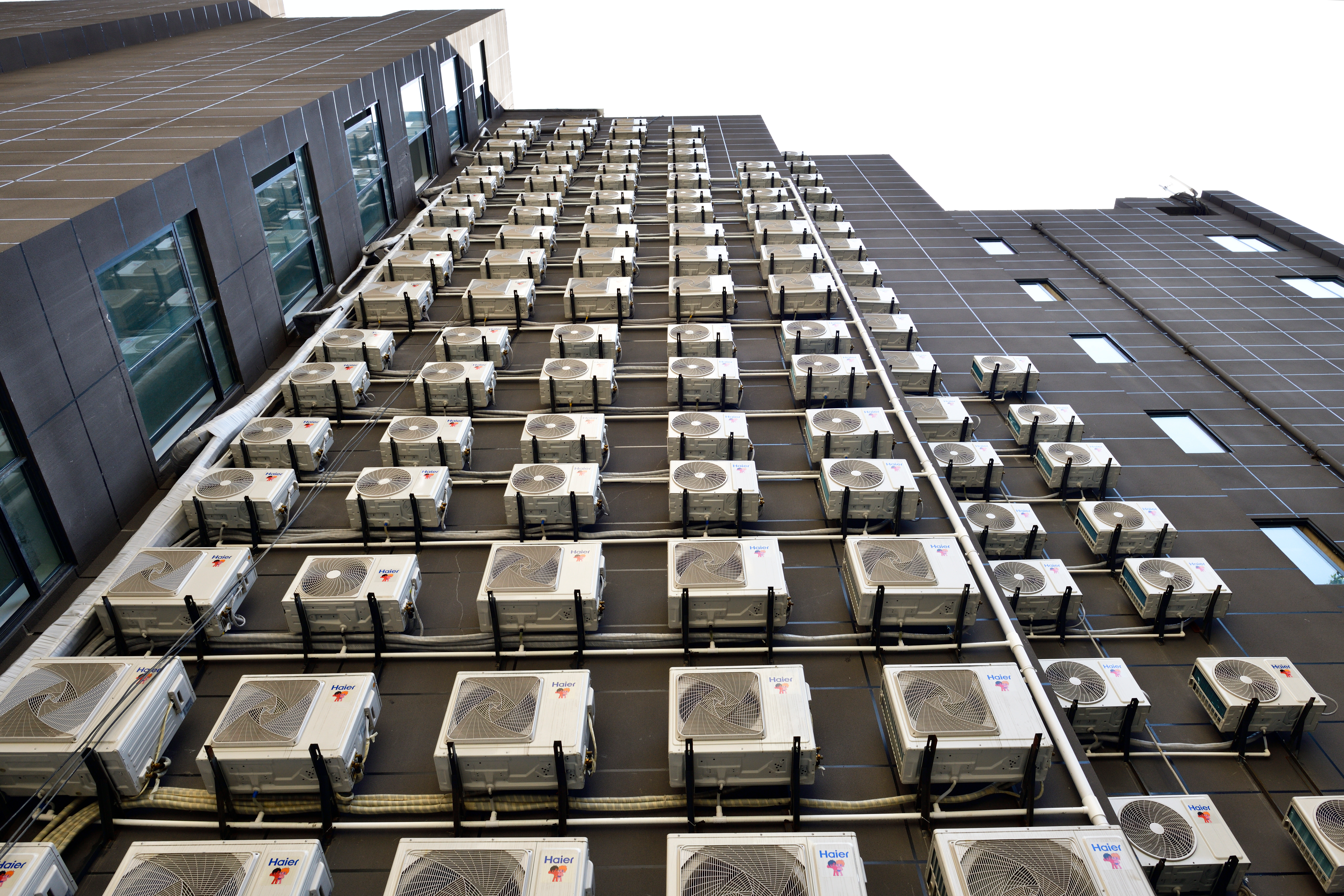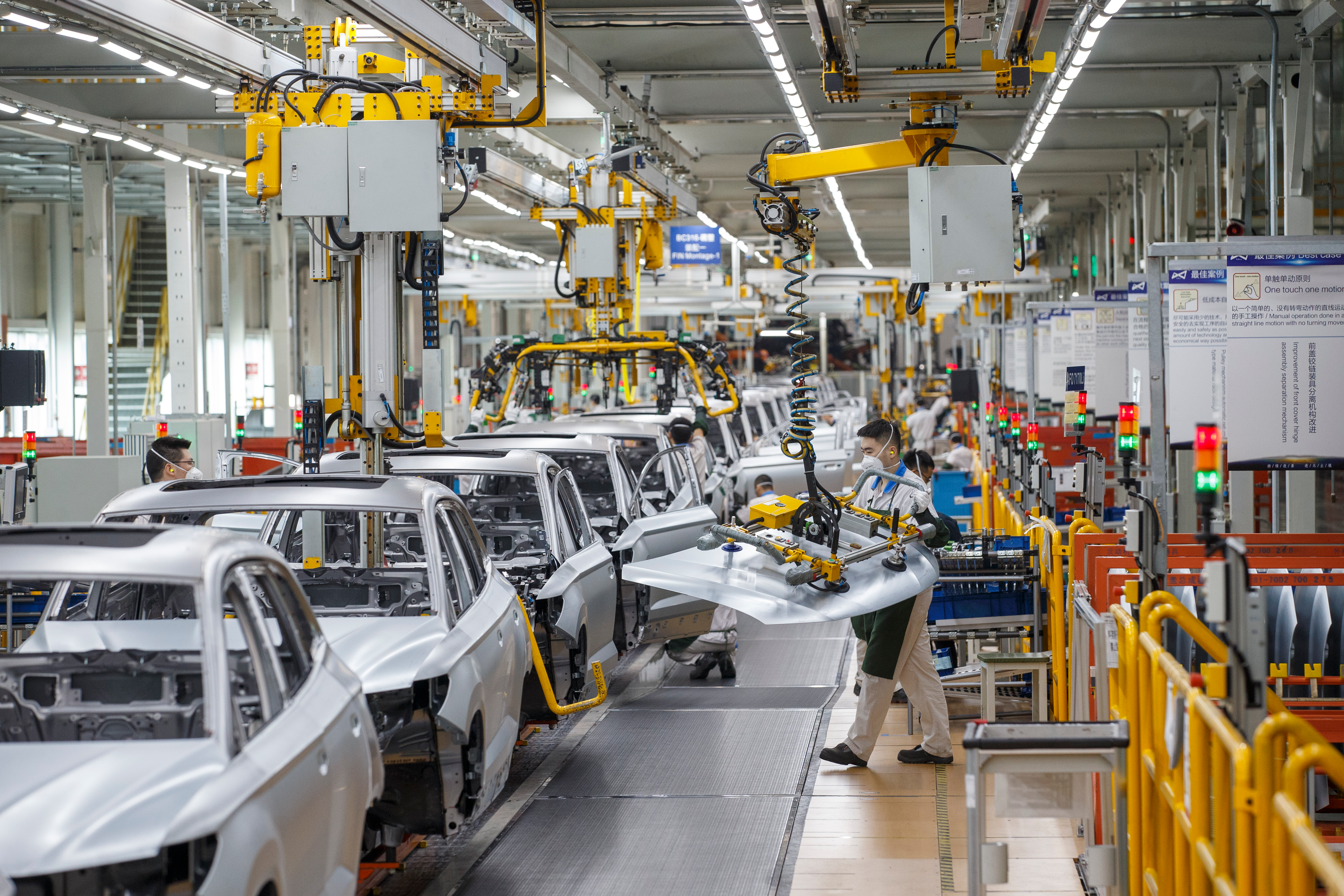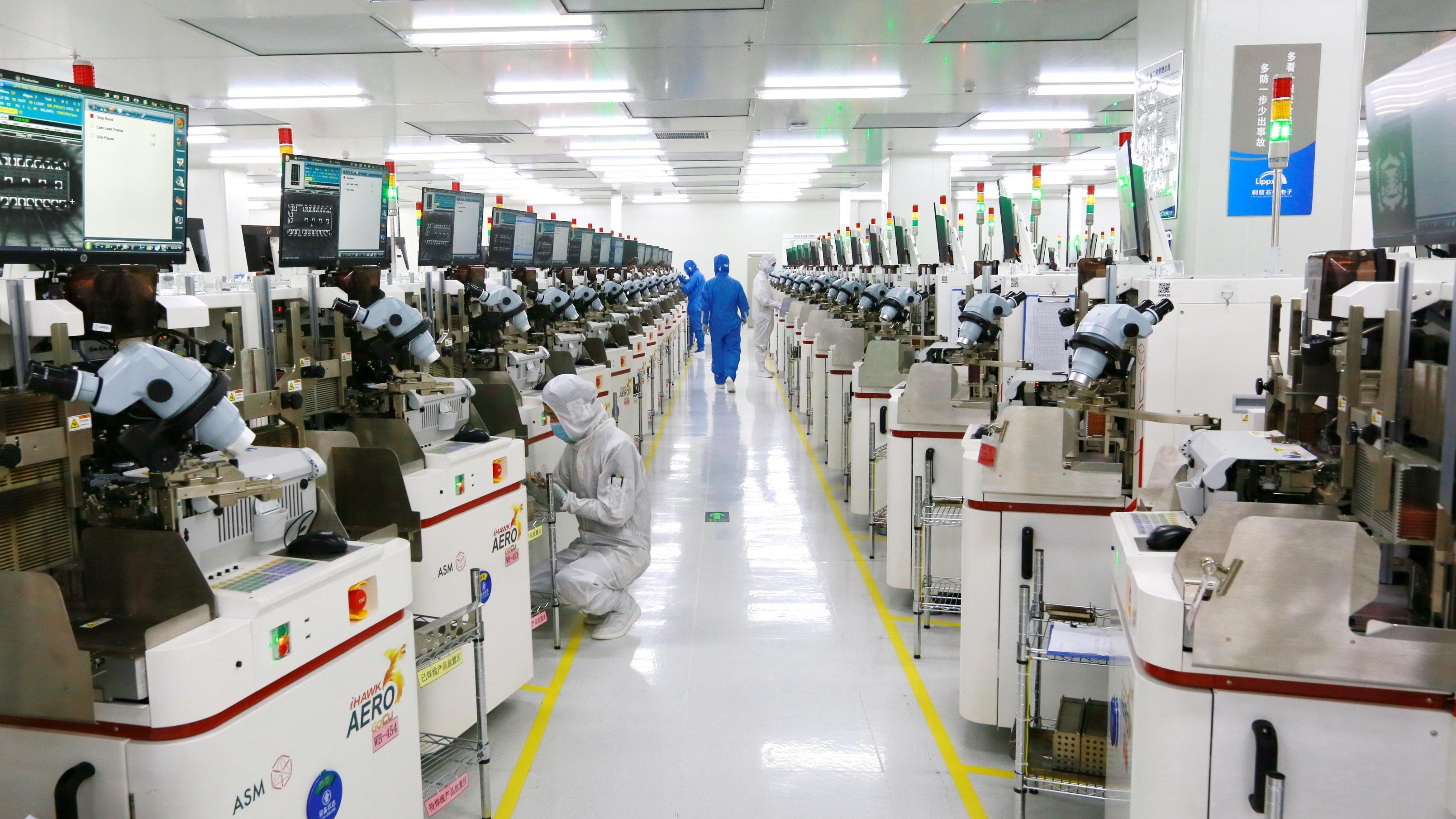Extreme Heatwave In China Shuts Down Semiconductor Factories And Lithium Processing
The highest temperatures on record in decades in Southwest China threaten the transition to EVs.
A record-breaking heatwave in China is forcing microchip factories and EV metals processing plants to close for six days. The historic heatwave is causing droughts in the southwestern province of Sichuan and reducing hydropower generation. The dry conditions have strained the region's power grid, but have also cut back supplies of raw materials like polysilicon, lithium and aluminum, all of which are critical components used in EVs, according to Bloomberg.
Sweltering temperatures over 104 degrees farhenheit have been wreaking havoc on China's infrastructure, during what's being called the worst heatwave in 60 years, per CNN. Chinese roads were buckling under the heat in Shanghai and Jiangxi province, while roofs were melting in towns elsewhere. Reuters reports high heat was dissolving the tar under the tiles of traditional Chinese roofs.
Now, triple-digit temperatures are shuttering all factories in the majority of Sichuan's cities from August 15-20, including those that make components for the tech and auto industries. The region is a manufacturing mecca, home to electronic suppliers like Foxconn and Intel. These factory closures will affect the production of semiconductors, which are scarce to begin with.
Sichuan province is also a major lithium mining hub. The six day factory suspension is likely to drive the cost of lithium higher than it already is, according to CNN. CATL operates a factory in the region, and the suspension will probably end up affecting Tesla, since CATL is one of their suppliers.
The factories are being ordered to close while Chinese officials in Sichuan struggle to preserve energy to power homes. Sichuan province has a population of 84 million; the province relies on hydropower, but the heatwave has brought a prolonged drought and river water levels have plummeted.

Just as Sichuan's power production dropped, power demand spiked due to the need for air conditioning. Chinese officials are now asking residents to conserve power by setting their thermostats to 79 degrees, and have instructed offices to stop using elevators on the first three floors.
Everyone is pitching in to conserve energy as production and raw materials decrease for the time being in Sichuan, and, likewise, everyone is being affected. Tech, auto, energy industries alike. These kinds of heatwaves are becoming normal: in the U.S., Texas residents were told to set their thermostats to 78 degrees, while river water levels in Europe are dropping to dangerous levels.

